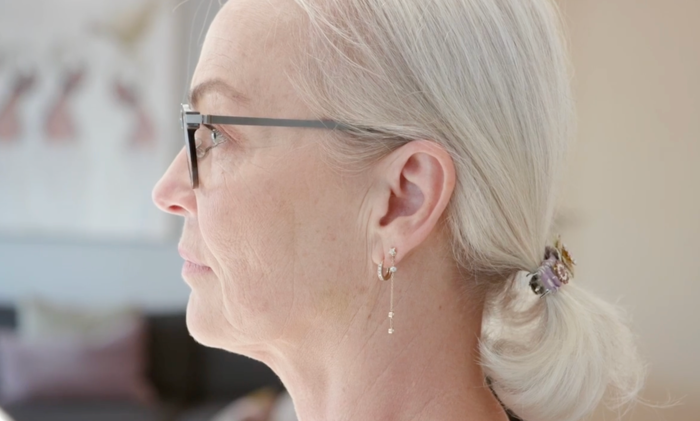
Selecting the right hearing aid solution is a personalized process that depends heavily on an individual's lifestyle. Whether someone is a musician, a business professional, a professor, or a child, their unique daily activities and preferences significantly influence the type of hearing solutions that would best suit their needs.
Thankfully, the variety of hearing aid solutions available today allows audiologists to tailor recommendations to each person’s lifestyle. By considering factors such as professional responsibilities, social activities, and personal preferences, clinicians can enhance patient satisfaction and reduce the rate of returned hearing aids.
Consider the Whole Patient – Not Just Their Hearing

It’s essential for hearing care professionals to consider the whole patient – not just their hearing – when recommending solutions. Spend time getting to know their health history, the medication they take, their hearing difficulties, any physical limitations they may have, and other hearing health concerns. Since audiology is not a one-size-fits-all endeavor, each patient will need hearing aids that work best for their specific situation.
When you understand each patient’s lifestyle, you can tailor their hearing solutions to meet their needs, whether they’re looking for the most stylish devices, best sound quality, or most budget-friendly options. A personalized approach will help increase patient happiness, loyalty, trust, and willingness to wear their devices.
During appointments, ask every patient about their lifestyle and consider their answers before recommending solutions for them. For instance, is the patient working, participating in professional calls throughout the day? If so, they’ll need hearing aids that can integrate with their phone and computer to optimize their hearing during calls and videochats. Someone who is very active and spends considerable time outside will need hearing aids that are compatible with their active lifestyle. If someone prides themselves on being a fashionista, show them how hearing aids now come in a variety of styles and colors. When you carefully consider a patient’s lifestyle, it helps you pinpoint the most appropriate solution with the features and functions they need.
Personal Stories - Rikke
Spotlighting a Businesswoman's Frustrating Hearing Care Experience
Rikke, a busy, energetic, professional 56-year-old woman, is the perfect example of why discussing a patient's lifestyle is crucial during a hearing care appointment. Not discussing her lifestyle played a significant role in returning her hearing aids.
This is her story.

Why Asking the Right Questions Matters

Use the Right Technology for Personalized Care
Other Blogs You Might Enjoy:

How Auditdata Manage Helps You Deliver Best Care Experiences
Explore how Auditdata's Practice Management Software, Manage, enhances audiology care with advanced scheduling, personalized services, and effective aftercare. Learn to optimize every patient interaction to provide best care experiences to every patient at all times.

What Do Your Hearing Aid Users Need?
If someone suspects they have hearing loss, they should see an audiologist for a hearing screening to determine whether they need hearing aids. But then what happens? This blog explains how to give your patients what they need for success with their hearing aids, such as setting proper expectations, providing care and maintenance tips for the devices, offering valuable tips before they buy, and providing ongoing aftercare.

7 Ways to Make Your Patients’ Audiology Appointments Extraordinary
Improving patient experiences leads to numerous benefits, from better health outcomes for patients to higher financial performance for clinics. This blog spotlights 10 ways your hearing clinic can make your patients’ appointments extraordinary.
Don't Miss Out On the Latest Insights On Audiology
Sign up today to receive exciting updates, tips, and the latest newsletters from Auditdata.